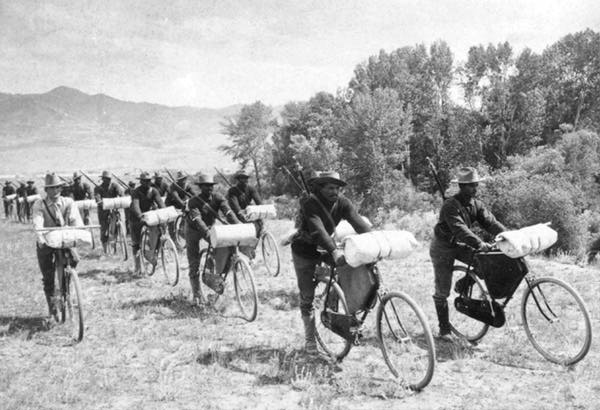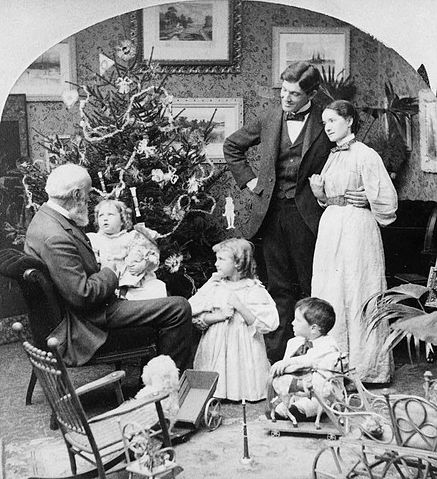 Ranjitsinhji Returns to England
Ranjitsinhji Returns to England
Wisden Cricketer of the Year Ranjitsinhji, more commonly known to all as Ranji, has, much to the delight of cricket followers, returned to England following his 1898 tour of India as the guest of Sir Rajinder Singh, Maharaja of Patiala. Ranji recieves an adoring welcome wherever he goes, in India or Britain alike, and this tour was no exception, as he played in several short demonstration cricket matches in aid of charity and good works.
Himself heir to the throne of Nawanagar, Ranji is well-known for his outspoken opinion on the necessity for Indian federation and continued membership of the British Empire, commonly being invited to speak at Cambridge and Oxford dinners. He is considered somewhat of an authority on the opinions of the educated Indian classes about Britain and the Empire, as well as an authority on England among the Indians, being considered foremost celebrity among the 'Imperial Citizens' movement begun by Dadabhai Naoroji MP, of the Royal Committee on Indian Expenditure.
It is hoped now that Ranji has returned that he will be, as one of the world's foremost cricketers, able to once again play for England's side in the upcoming Test series against newly federated Australia. His sportsmanship and gentlemanly qualities were much lauded by the Australian team during his 1897 tour of that continent, and as such his inclusion is called for strongly by both England's captain and that of Australia. The Times wishes him the best of luck - and while we question whether Mr. Ranjitsinhji may be called an Englishman, it is undoubtable that he is a fine subject of the British Empire.
 Ranji at the bat on his last stay in England, summer 1897.
Illustrated London News
Ranji at the bat on his last stay in England, summer 1897.
Illustrated London News
 GORDON AVENGED! The charge of the 21st Lancers at Omdurman.
GORDON AVENGED! The charge of the 21st Lancers at Omdurman.
The Battle of Omdurman is indeed a stunning victory for British discipline and technology, in the face of vile Mahdist cultists intent on converting all of Africa to their twisted idea of religion, but it was not without its heroism, despite the minimal casualties suffered by our brave men in the Sudan. One particular incident, concerning which the
Illustrated London News has recieved many letters requesting a full colour supplement, is recounted below, sure to stir the heart of any true patriot.
The three hundred and fifty cavalrymen of the 21st (Empress of India's) Lancers, scouting the battlefield, encountered what they believed to be a body of about seven hundred Dervishes. In fact, two thousand Dervishes, who had remained concealed in a deep gulley engaged the lancers in desperate hand-to-hand combat. Although the 21st Lancers had not seen battle before, they managed to rout the Dervishes with their elan, breaking them and forcing them to retreat to be cut down by the rifles of the Lincolnshire Regiment. The regiment suffered 70 men wounded and the loss of 119 horses, the highest casualty figures of any British regiment engaged at in the battle, while nearly 2,000 Dervish bodies were counted at the scene of the ambush after the battle. Three Victoria Crosses have been awarded to members of the 21st Lancers who gallantly risked their own lives to rescue wounded comrades during the action: Captain Paul Aloysius Kenna, Lieutenant Raymond de Montmorency, and Private Thomas Byrne.
One member of the 21st Lancers, the young Lieutenant Winston Churchill, now a journalist for the
Morning Post after the 21st's return to England, recounts the moment at which his company was ambushed:
"A deep crease in the ground - a dry watercourse, a khor - appeared where all had seemed smooth, level plain; and from it there sprang, with the suddenness of a pantomime effect and a high-pitched yell, a dense white mass of men nearly as long as our front and about twelve deep. A score of horsemen and a dozen bright flags rose as if by magic from the earth!"
























